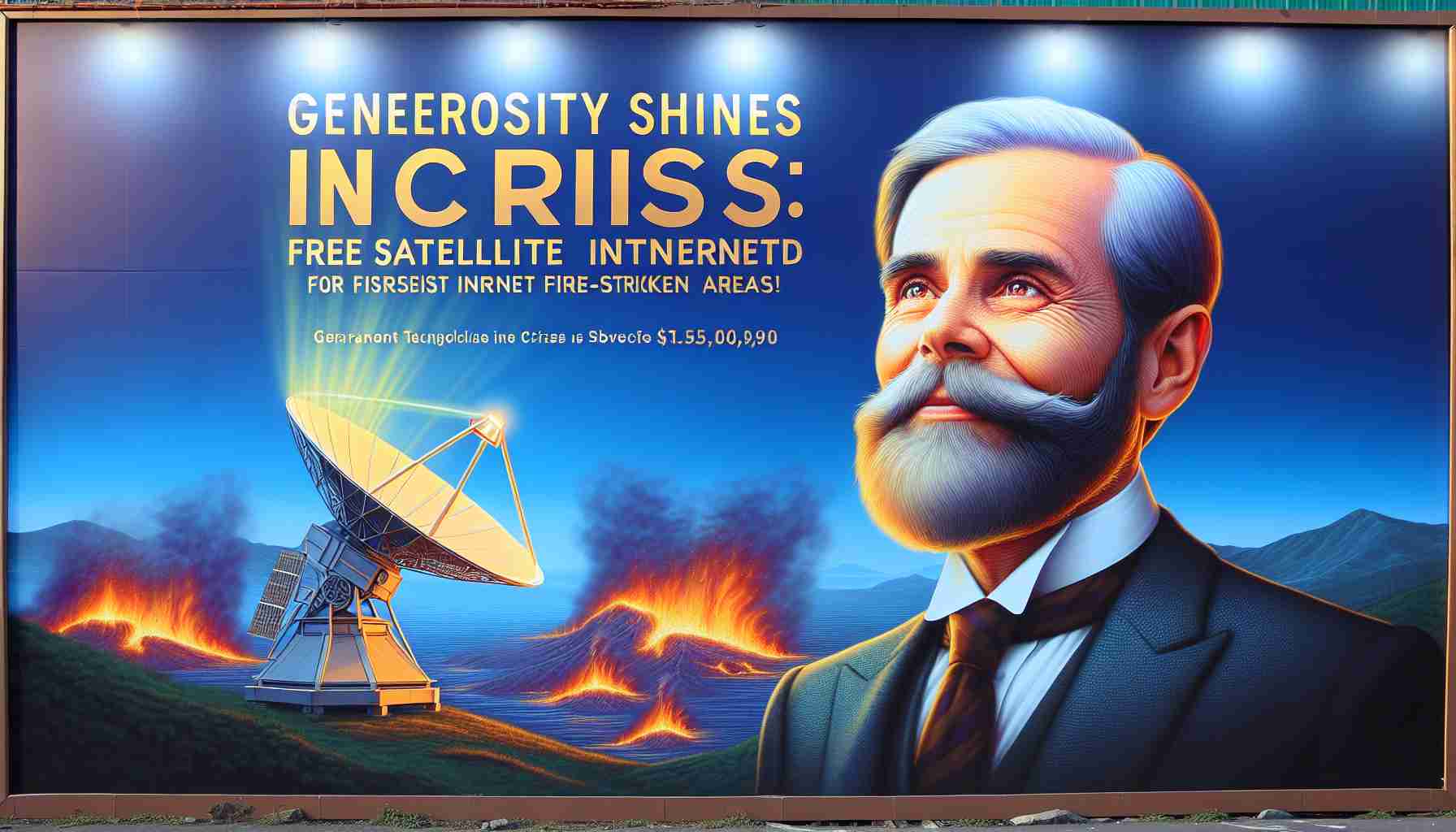Is Toyota Launching into Space? Possible Orbital Rocket Development!
Toyota Motor Corporation is venturing beyond ordinary automotive horizons by delving into the realm of space exploration. During a recent event in Las Vegas, the company’s Chairman, Akio Toyoda, announced a significant investment of 7 billion Japanese yen (approximately $44.4 million) into Interstellar Technologies, a pioneering Japanese startup focused on creating orbital launch vehicles.
This bold step reflects Toyoda’s vision that mobility should extend beyond terrestrial boundaries. He emphasized the importance of collaboration in the space industry, suggesting that diverse players beyond just a single company should contribute to the evolution of transportation technologies.
Founded in 2013, Interstellar Technologies has made strides with its MOMO rockets, which successfully reached space for the first time in 2019. However, the startup is still on the path to deploying satellites into orbit, with plans underway to develop larger rockets for this purpose.
In a competitive landscape, Toyota is positioning itself against established players like Mitsubishi, which has produced rockets for Japan’s space agency. The automaker intends to leverage its extensive experience in vehicle mass production to enhance the operations at Interstellar Technologies.
In addition, Toyota recently completed the first phase of Woven City, an ambitious project designed to serve as a testing ground for innovative technologies, including autonomous vehicles. This initiative underlines Toyota’s commitment to shaping the future of mobility on and beyond Earth.
Toyota’s Bold Leap: Pioneering Space Exploration with Interstellar Technologies
### Introduction
In a groundbreaking move that transcends traditional automotive boundaries, Toyota Motor Corporation is stepping into the arena of space exploration. This innovative journey was unveiled by Toyota’s Chairman, Akio Toyoda, during a recent event in Las Vegas, where he announced a significant investment in the Japanese startup, Interstellar Technologies. This article will explore the implications of this investment, the capabilities of Interstellar Technologies, and Toyota’s broader vision for the future of mobility.
### Investment Overview
Toyota has committed ¥7 billion (approximately $44.4 million) into Interstellar Technologies, a startup that has been garnering attention for its efforts to develop orbital launch vehicles. This investment is not just a financial gesture; it underscores Toyota’s commitment to exploring cutting-edge transport technologies that could redefine mobility in the 21st century.
### Interstellar Technologies: A New Frontier
Founded in 2013, Interstellar Technologies aims to break new ground in space travel. The company’s MOMO rocket successfully reached space for the first time in 2019, marking a significant milestone in Japan’s private aerospace sector. Currently, the startup is working on larger rockets that will enable it to deploy satellites into orbit, positioning itself as a formidable player in the competitive space market.
### Competitive Landscape
Toyota’s foray into the space industry puts it in direct competition with established aerospace entities, such as Mitsubishi, which has historically supplied rockets for Japan’s space agency. However, Toyota plans to leverage its strengths in mass vehicle production to optimize the operations of Interstellar Technologies, aiming for efficiency and innovation in launching capabilities.
### Innovations in Mobility: Woven City
The investment in Interstellar Technologies is part of a larger vision that includes Toyota’s ambitious Woven City project. This smart city, designed as a living laboratory, focuses on integrating advanced technologies such as autonomous vehicles, AI, and robotics. By creating a prototype city, Toyota intends to test and refine technologies that may eventually find applications not only on Earth but also in future space missions.
### Pros and Cons of Toyota’s Space Venture
**Pros:**
– **Diversification:** Toyota’s investment in space technologies diversifies its portfolio, reducing reliance on traditional automotive revenues.
– **Innovation Acceleration:** Utilizing experience in mass production may enhance the efficiency and reliability of space technology development.
– **Collaboration Potential:** The initiative encourages collaboration with various stakeholders, fostering innovation through shared knowledge.
**Cons:**
– **High Risk:** Space ventures require significant capital and have high failure rates, which could impact Toyota’s financial health.
– **Diversion of Resources:** Expanding into an entirely new sector may divert resources away from core automotive innovations.
### Future Trends and Predictions
As automotive companies increasingly focus on mobility beyond Earth’s surface, the industry may see a surge in collaborations between traditional automakers and aerospace firms. Toyota seems poised to lead this charge, with predictions suggesting a closer integration of automotive and aerospace technologies in future transportation solutions.
### Conclusion
Toyota’s investment in Interstellar Technologies not only showcases its ambition to shape the future of mobility but also positions it as a key player in the emerging field of space exploration. As the boundaries between terrestrial and extraterrestrial transport blur, innovations like those at Toyota will play a crucial role in defining the next generation of mobility solutions.
For more insights on automotive innovations and technology trends, visit the official Toyota website at Toyota Global.














